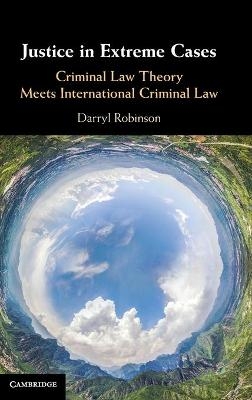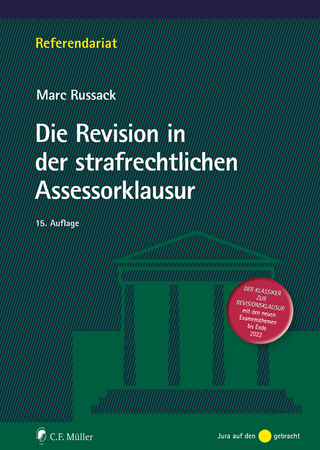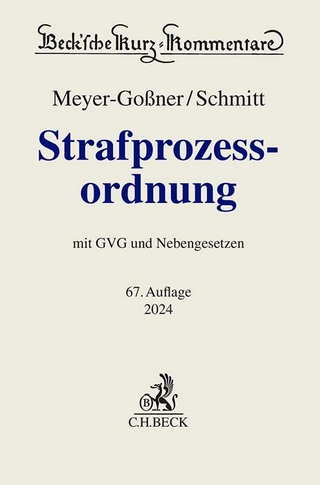
Justice in Extreme Cases
Cambridge University Press (Verlag)
978-1-107-04161-5 (ISBN)
In Justice in Extreme Cases, Darryl Robinson argues that the encounter between criminal law theory and international criminal law (ICL) can be illuminating in two directions: criminal law theory can challenge and improve ICL, and conversely, ICL's novel puzzles can challenge and improve mainstream criminal law theory. Robinson recommends a 'coherentist' method for discussions of principles, justice and justification. Coherentism recognizes that prevailing understandings are fallible, contingent human constructs. This book will be a valuable resource to scholars and jurists in ICL, as well as scholars of criminal law theory and legal philosophy.
Darryl Robinson is professor of law at Queen's University (Canada). He has helped shape international criminal law as a negotiator of the ICC Statute, a legal adviser at the Court, and as an influential scholar. He received the Antonio Cassese Prize for International Criminal Legal Studies for his work on moral coherence of criminal law.
Acknowledgements; Cases and Authorities; List of Abbreviations; Part I. Introduction and Problem: 1. Introduction; 2. The Identity Crisis of International Criminal Law; Part II. Proposed Solution: 3. The Humanity of Criminal Justice; 4. Fundamentals without Foundations; 5. Criminal Law Theory in Extremis; Part III. Illustration through Application: 6. An Unresolved Contradiction; 7. The Outer Limits of Culpability; 8. The Genius of Command Responsibility; 9. Horizons: The Future of the Justice Conversation; Judgment; Glossary of Selected Terms; Bibliography; Index.
| Erscheinungsdatum | 15.01.2021 |
|---|---|
| Verlagsort | Cambridge |
| Sprache | englisch |
| Maße | 160 x 235 mm |
| Gewicht | 610 g |
| Themenwelt | Recht / Steuern ► EU / Internationales Recht |
| Recht / Steuern ► Strafrecht ► Strafverfahrensrecht | |
| ISBN-10 | 1-107-04161-9 / 1107041619 |
| ISBN-13 | 978-1-107-04161-5 / 9781107041615 |
| Zustand | Neuware |
| Haben Sie eine Frage zum Produkt? |
aus dem Bereich


